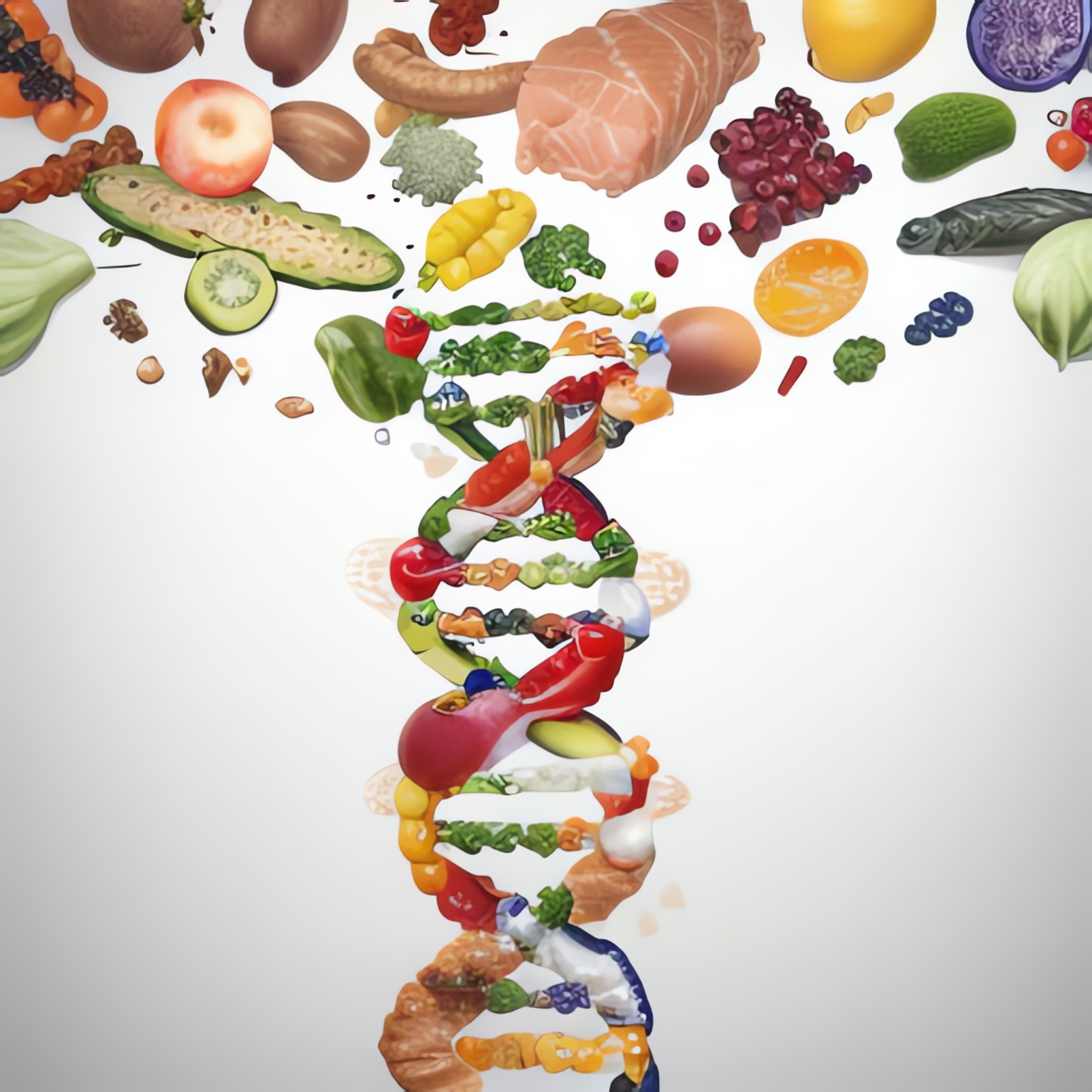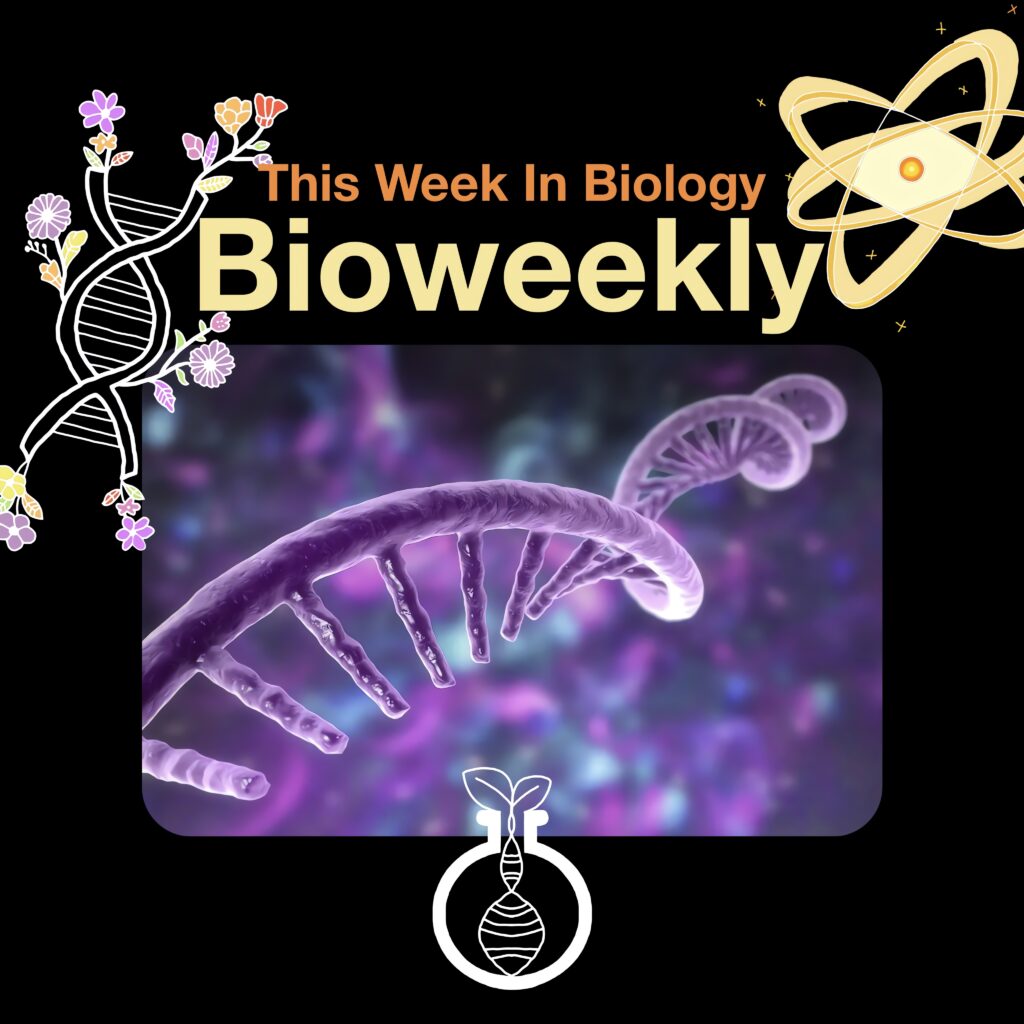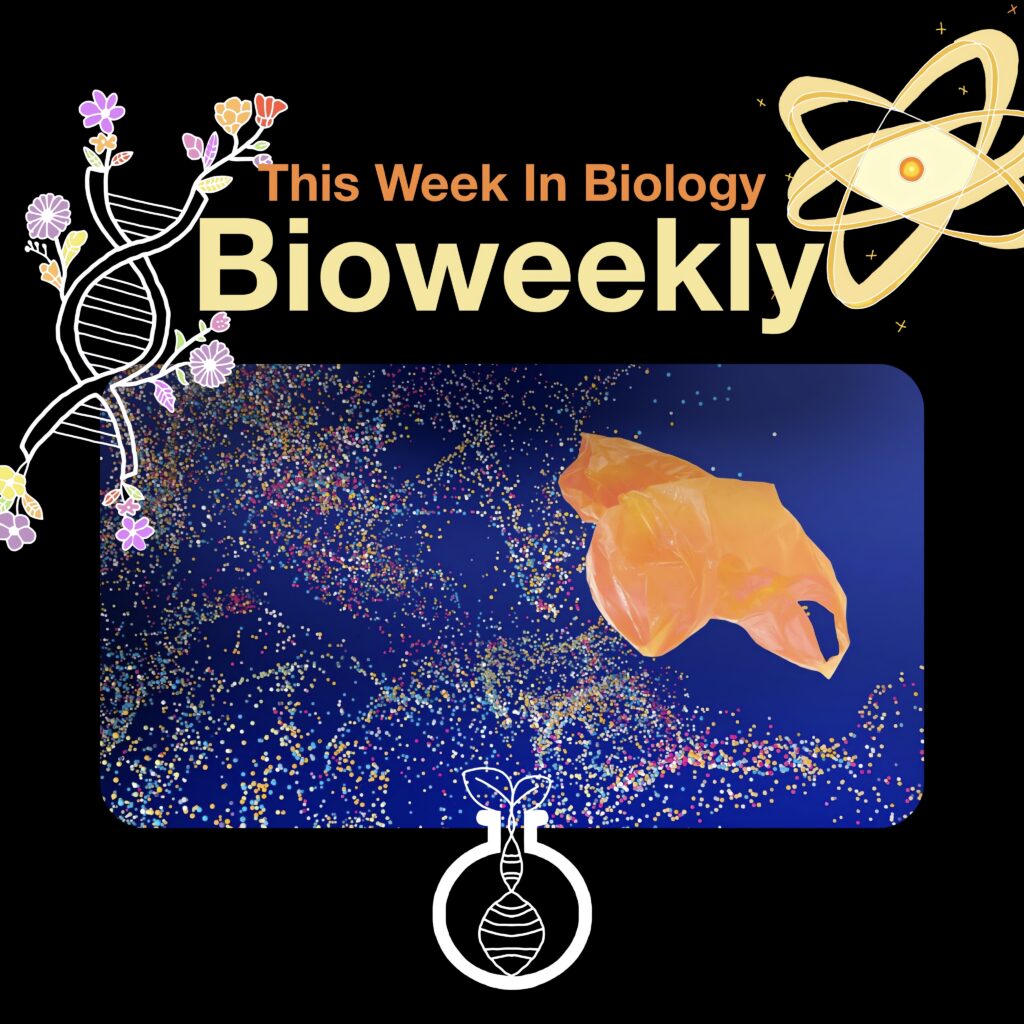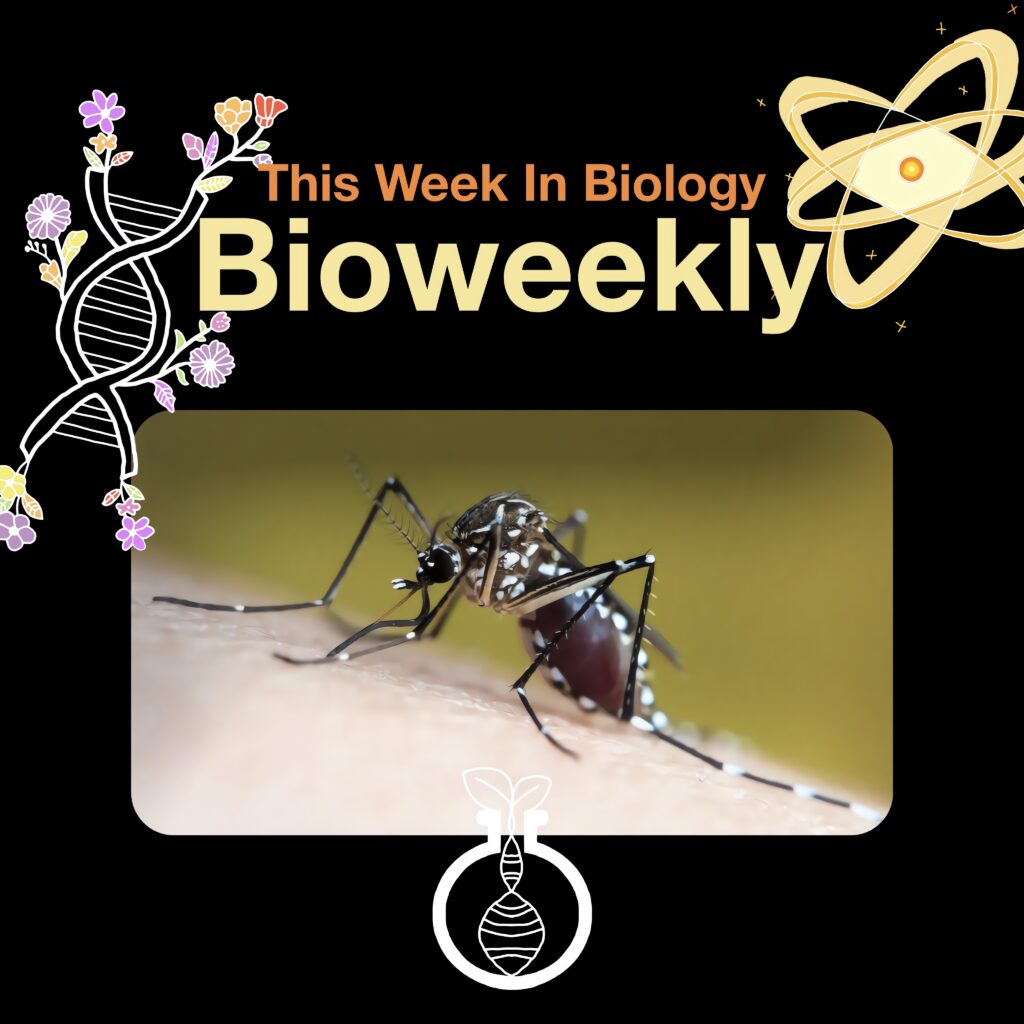We’re thrilled to have you with us! This week, we’re diving into some exciting breakthroughs in the world of biology. First, we explore how a new method of organ transplants could cross blood-type barriers, offering hope to patients worldwide. Next, we’ll take a look at the Nobel-winning discovery of microRNAs, tiny gene regulators that hold the key to understanding gene expression. And finally, we break down a fascinating study on how eating less might just extend lifespan, revealing surprising insights about the relationship between diet and longevity. Happy reading! 🌱🧬✨
You can find all of the sources in this article right below each headline
AI Uncovers 70,000+ New RNA Viruses in Extreme Environments
Using artificial intelligence, researchers have identified 70,500 previously unknown RNA viruses from environments like hot springs and salt lakes. These viruses were found using a model that predicts protein structures, revealing viruses that were previously undetectable by traditional methods. The study shows how AI can explore the “dark matter” of the viral world and expand our understanding of virus evolution. Many of the newly discovered viruses have unusual features, and further research is needed to determine their hosts and potential impacts.

You can find the full article from here
Nobel Prize in Medicine Awarded for Discovery of Gene-Regulating MicroRNAs
Victor Ambros and Gary Ruvkun have been awarded the 2024 Nobel Prize in Physiology or Medicine for their discovery of microRNAs, tiny molecules that regulate gene expression in multicellular organisms. Their groundbreaking work began in 1993 with the identification of microRNAs in the roundworm Caenorhabditis elegans, revealing a new layer of gene control. This discovery reshaped our understanding of genetics, influencing studies in development, disease, and cancer. MicroRNAs, now found across species, hold promise for future therapeutic applications.

You can find the full article from here
Study Explores How Caloric Restriction Can Extend Lifespan
A new study by researchers at The Jackson Laboratory tracked the health of nearly 1,000 genetically diverse mice on different diets to investigate how eating less can extend lifespan. The results showed that very-low-calorie diets extended lifespan more than intermittent fasting, with mice on restricted diets living up to 34 months. Interestingly, mice that maintained weight despite caloric restriction lived the longest, highlighting resilience and genetic factors as key influences on longevity. The findings challenge traditional markers like body fat and glucose levels as indicators of healthy aging.

You can find the full article from here
Thank you for diving into this week’s news with us. We hope you enjoyed uncovering these fascinating updates as much as we did. Be sure to return next week for more exciting discoveries from the world of science. Until then, stay curious and keep exploring!


My name is Ali Emre Cabadak, a dedicated biology enthusiast currently pursuing my studies at Marmara University, where I am majoring in Bioengineering. As a passionate advocate for scientific discovery and innovation, I am the founder of Biologyto. My goal is to bring the wonders of biology closer to everyone and inspire a new generation of thinkers and innovators. Through Biologyto, I aim to write scientific articles that delve into the fascinating world of biology, sharing insights and discoveries that inspire curiosity and innovation.





